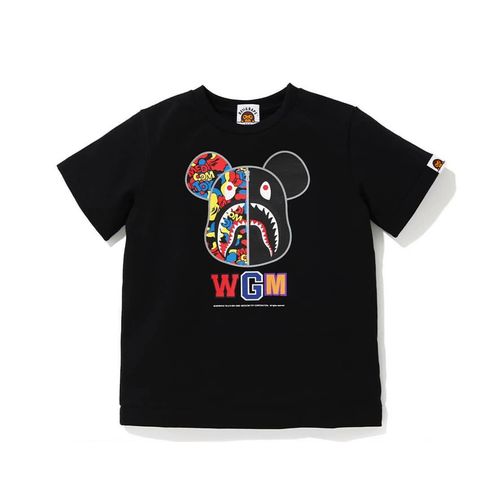Clothing materials can be divided into many categories according to different fiber raw materials and processing methods. The following are common categories of clothing materials and their characteristics:
1 . Cotton: Cotton fabrics are usually made of natural fiber cotton, which is soft, breathable and hygroscopic. Cotton clothing is highly comfortable and suitable for summer and daily wear, but it wrinkles easily and has poor heat resistance.
2. Linen: Linen fabric is generally made of flax fiber and has good air permeability, hygroscopicity and antibacterial properties. Linen clothing is suitable for summer wear and can bring a relaxed and natural feeling, but it is easy to wrinkle and wear.
3. Silk: Silk fabric is made of silk or other insect fibers, which is shiny, smooth and has natural thermal insulation properties. Silk cloth clothing is suitable for formal occasions, showing a gorgeous and elegant effect, but it is prone to moisture and fading.
4. Wool: Wool fabrics are usually made of wool and have excellent thermal insulation and elasticity. Wool clothing is suitable for autumn and winter wear and can keep the body warm, but it is also prone to pilling and requires specialized care.
5. Man-made fibers: including polyester fiber, nylon fiber, etc. Man-made fiber fabrics have the characteristics of good wear resistance, wrinkle resistance and easy care. Man-made fiber clothing is suitable for daily wear and is relatively low-priced, but generally has poor breathability.
6. Blended fabrics: fabrics made by mixing different types of fibers, such as cotton-polyester blends, wool-polyester blends, etc. Blended fabrics can give full play to the advantages of various fibers. For example, cotton-polyester blends can improve the wear resistance and wrinkle resistance of cotton fabrics, while wool-polyester blends can improve thermal insulation.
Each clothing material has its own unique characteristics and applicable scenarios. When choosing the right clothing material, you need to consider the season, use and personal preferences. When purchasing clothing, you can choose clothing that suits your needs and comfort by understanding the properties of the materials used in the clothing.





